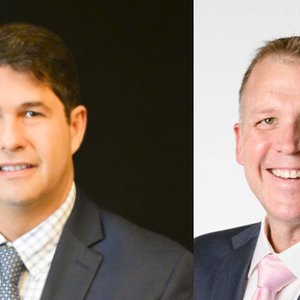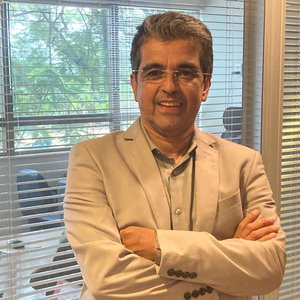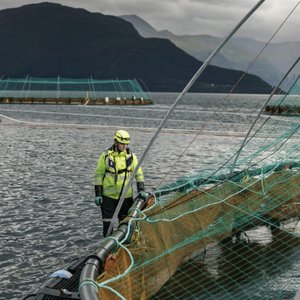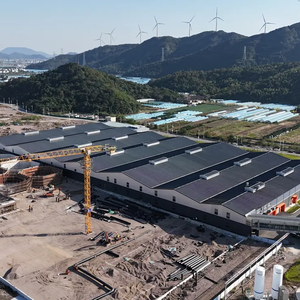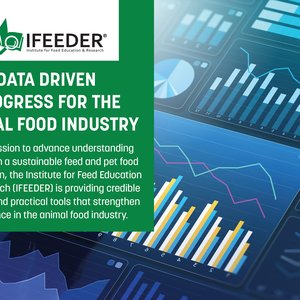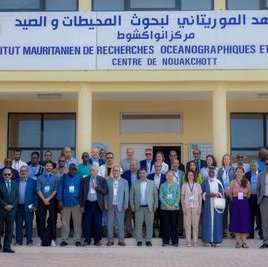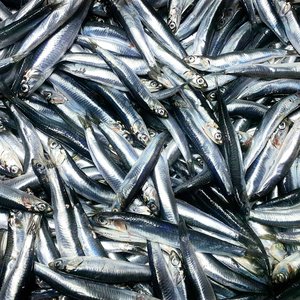Action groups rally to protest potential approval of GM salmon; AquaBounty calls claims inaccurate, deliberately misleading, and intended to create fear and misunderstanding
An announcement by the US Food and Drug Administration (FDA) inviting the public to participate in a hearing on the labeling of foods made from the AquAdvantage Salmon, a genetically engineered Atlantic salmon produced by AquaBounty Technologies, Inc. has set off a fire storm from the anti-aquaculture lobby.
Although the FDA has not made a decision on the approval of the New Animal Drug Application (NADA) related to the AquAdvantage Salmon, the potential for the approval of the first genetically engineered animal intended for human consumption has been quickly targeted for an all out attack. A coalition of 31 groups submitted a joint statement (PDF) criticizing an announcement and claiming the fish would pose a hazard to wild populations. “We believe any approval of GE salmon would represent a serious threat to the survival of native salmon populations, many of which have already suffered severe declines related to salmon farms and other man-made impacts,” Marianne Cufone, director of Food and Water Watch’s fish program said.
If the FDA opens this door, GE fish will likely be among the millions of salmon that currently escape from open ocean pens every year. This could be the last blow to wild salmon stocks and in turn the thousands of men and women who depend on fishing for their livelihoods. “Approving genetically engineered salmon is a sharp contradiction to the agreements the United States has signed at NASCO, where transgenic salmonids are considered a serious threat to wild salmon” said Boyce Thorne Miller, Science and Policy Coordinator for the Northwest Atlantic Marine Alliance and accredited observer at the North Atlantic Salmon Conservation Organization.
The statement goes on to claim that escaped GE salmon can pose an additional threat of genetic pollution resulting from the “Trojan gene” effect,” basing its claims on research published in the Proceedings of the National Academy of Sciences that says a release of just sixty GE salmon into a wild population of 60,000 would lead to the extinction of the wild population in less than 40 generations.
"Anticipating the stark danger to our fisheries and ocean environments - and trying to circumvent analyses of those dangers - AquaBounty has claimed that they will only raise their fish in land-based facilities. However most salmon farmers in the real world ply their trade in low-lying coastal areas and competing corporations will no doubt race to produce GE fish in crowded open ocean facilities already in use for fish production. Backsliding on its original claims, reports have circulated that AquaBounty may only suggest producers raise GE fish in “inland waters” – presenting novel threats to our nation’s lakes, rivers, and estuaries – many of which are already under attack by invasive fish species like the Asian carp and Northern snakehead", the joint press release said.
Ronald L. Stotish, Ph.D., Executive Director, President and CEO of AquaBounty Technologies called the press release "inaccurate, deliberately misleading, and intended to create fear and misunderstanding".
In a statement released to the press he said "AquAdvantage salmon are, quite literally, the most studied fish in the world. In addition, the U.S. Food and Drug Administration has spent the last fifteen years creating a robust regulatory process to ensure these fish and other transgenic animal applications are appropriately evaluated and regulated.
"AquAdvantage salmon are a possible solution to many of the environmental concerns associated with salmon production. AquaBounty has taken unprecedented steps to assure that the fish cannot interact with wild populations. Not only are they all sterile females, as a condition of approval they will be raised in land-based contained aquaculture systems - making escape into the wild an impossibility. Furthermore, the author of the Trojan gene hypothesis raised by the coalition has specifically said it does not apply to salmon, nor to AquAdvantage salmon in letters both to AquaBounty and to members of the coalition.
"AquAdvantage salmon represent an opportunity to avoid many of the concerns associated with conventional salmon aquaculture, and also present a lower carbon footprint and environmental impact because of their efficient growth. They can be grown economically closer to population centers, reducing the need for long distance transportation, a huge benefit to the environment. AquAdvantage Salmon represent an opportunity to provide a safe and sustainable supply of high quality seafood to a growing world population. In an era of shrinking wild fish stocks, AquAdvantage salmon should be applauded by environmentalists and responsible people concerned with food security.
Public hearing
The U.S. Food and Drug Administration (FDA), Center for Food Safety and Applied Nutrition (CFSAN) has scheduled a public hearing regarding the labeling of food made from AquAdvantage Salmon. AquAdvantage Salmon is a genetically engineered Atlantic salmon produced by AquaBounty Technologies, Inc. The hearing will be held on September 21, 2010 from 9:00 a.m. to 4:30 p.m. at the Hilton Hotel and Executive Meeting Center, 1750 Rockville Pike, Rockville, MD 20850, phone: (301) 468-1100.
The purpose of this hearing is for FDA to explain the relevant legal principles for food labeling and to solicit information and views from interested persons on the application of these principles to the labeling of food made from AquAdvantage Salmon. Additional details about the hearing are provided in a formal notice published in the Federal Register on August 26, 2010 and in a related Background Document: Public Hearing on the Labeling of Food Made from the AquAdvantage Salmon.
The hearing will include presentations from agency officials and members of the public. Due to limited space, all persons who wish to attend the hearing, including those who wish to make an oral presentation, are encouraged to register in advance online at http://www.fedmeetings.net/common/registration.cfm?mid=3210. More information.


